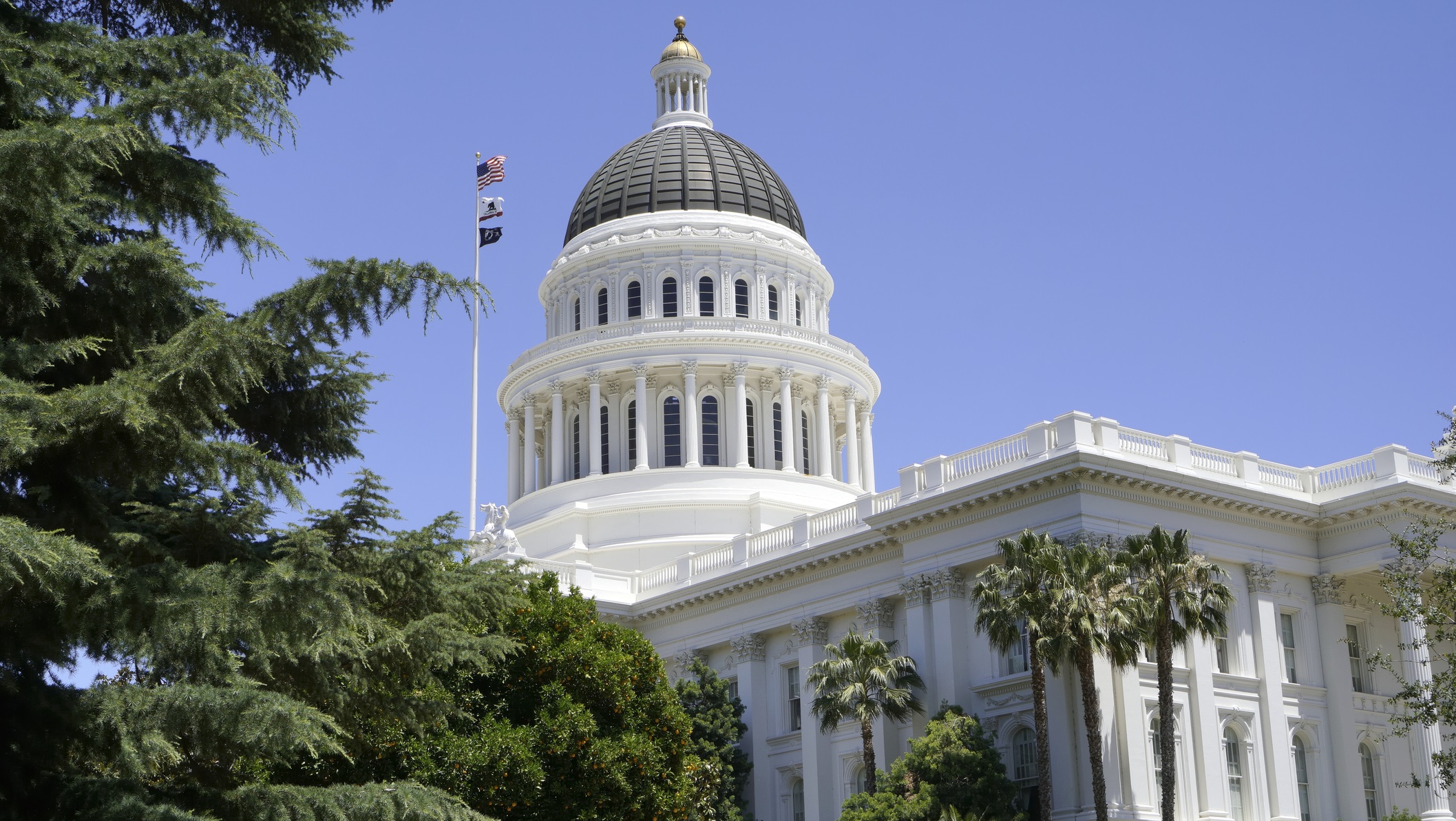A historic California law that would replace cash bail with a risk assessment system has been put on hold because a referendum challenging it qualified for the November 2020 ballot.
Secretary of State Alex Padilla announced Wednesday that the referendum sponsored by the American Bail Coalition, a bail bond agents' trade association, had enough signatures for the ballot.
The qualification automatically suspends the new law until the election is held. The California Money Bail Reform Act had previously been scheduled to go into effect on Oct. 1 of this year.
Bail coalition executive director Jeff Clayton said in a statement, "Now we can move on toward defeating this reckless law."
In opposition, the directors of the California branches of the American Civil Liberties Union said, "We must reject the wealth-based, two-tiered system of justice that the bail industry seeks to preserve."
Separately, two challenges to the money bail system are pending in the California Supreme Court and in federal court in Oakland.
A ruling by one or both of those courts could potentially result in a modification of the money bail system before 2020.
California
In the cash bail system, people who are arrested and awaiting a criminal trial are released if they post a cash bond in an amount specified in a bail schedule set by the local superior court. People can pay the bond either with their own money or through commercial bail agents, who typically charge a 10 percent fee for putting up the cash.
The new law would use a risk assessment tool to determine whether arrestees are a low, medium or high risk of failing to appear in court or endangering the public. People accused of violent crimes or threats of violence would usually be denied release, subject to review by a judge.
Opponents of the system contend it is unfair to low-income people and favors well-to-do defendants who can afford to pay.
The ACLU directors said the system "is antithetical to our values of justice, fairness, and racial equity."
"By charging people nonrefundable fees for pretrial release, the bail industry has made billions of dollars off the backs of individuals and families in dire circumstances, especially people most affected by racial and economic inequities in our society and the criminal justice system," they said.
The bail industry coalition claims that assessment tools are inaccurate and could result in dangerous people being released.
The referendum needed 365,880 signatures, or 5 percent of the total votes cast for governor in the November 2014 election, to qualify for the ballot.



